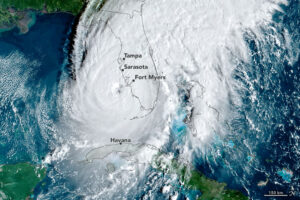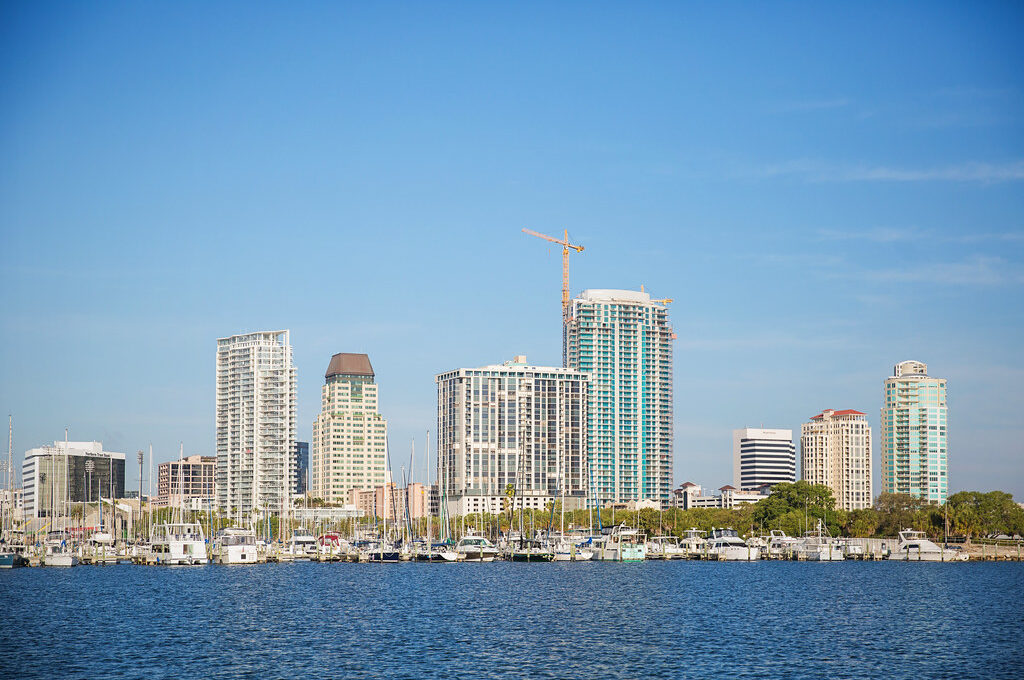
Severe weather events and climate-related challenges increase public health concerns, negatively impact the environment, and deteriorate local infrastructure. In response to these pressing issues, the Tampa Bay Regional Planning Council (TBRPC) has secured nearly $1 million in non-competitive grant funding. This funding, awarded by the Environmental Protection Agency (EPA) in August of this year under the Climate Pollution Reduction Grants (CPRG) program, will fund the development and implementation of a Climate Action Plan to reduce harmful emissions of greenhouse gases and other air pollutants.
The TBRPC is taking the lead in the Tampa – St. Petersburg – Clearwater Metropolitan Statistical Area (MSA) to create the first regional Climate Action Plan for the Tampa Bay area, named “Clean Air Tampa Bay.” This plan will produce a greenhouse gas (GHG) inventory, GHG emissions projections, GHG reduction targets, and an analysis of benefits for low-income and disadvantaged communities. Over the course of this four-year program, 36 local jurisdictions within Hernando, Hillsborough, Pasco, and Pinellas Counties, including municipalities and metropolitan planning organizations, can become eligible to apply for a share of the $4.3 billion in implementation grants available nationwide. This initiative will provide consistent regional data to project GHG emissions trends and prioritize emissions reduction projects throughout the region, as well as push for multi-jurisdictional collaborations.
The Clean Air Tampa Bay team comprises the TBRPC, the University of South Florida Patel College of Global Sustainability, ICLEI, and the Sustany Foundation. This team is not only engaging the MSA jurisdictions and interagency partners but is also actively involving the public in the development of this Climate Action Plan. The Clean Air Tampa Bay team has started collaborating with jurisdictions and interagency partners to collect data, set goals and prioritize projects. The team has also started engaging with community members on best practices to create an effective community engagement strategy that can be replicated with any organization. Through this project, Clean Air Tampa Bay is prioritizing community engagement by hosting public meetings to collect insights and address needs, with a special focus on low-income and disadvantaged areas.
Through collaboration among citizens, public agencies, and the private sector, the region will be better equipped to make informed decisions and progress toward a cleaner, more resilient future.
To learn more about this project and get involved, visit: cleanairtb.org.
